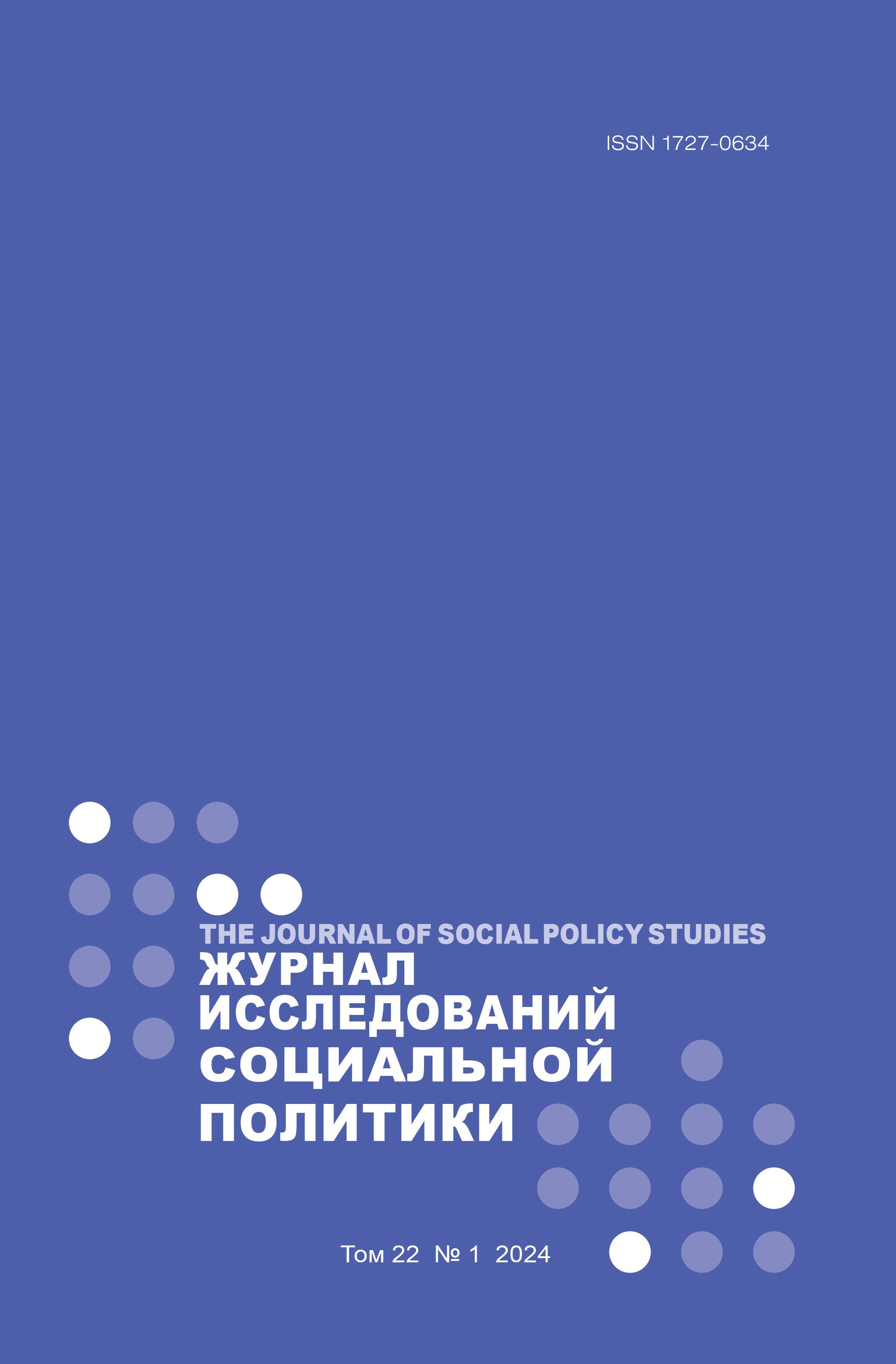Frontiers of Neoliberalism: Well-being and Social Management in Spaceflight
Abstract
Neoliberalism is increasingly shaping social policy and social management, encapsulating human subjectivity and emotionality under the guise of social well-being and exploiting these aspects of human life for profit-making purposes. The human sciences have developed various concepts of social well-being, including theories that seem to justify the neoliberal order. This study examines the strengths and limitations of a well-being theory associated with the field of positive psychology. I use the experience of the Russian-American cooperation in outer space – the Mir-Shuttle program (1994‒1997) – to establish the applicability of the selected well-being theory in the context of a demanding and dangerous environment. The study’s dataset comprises three types of sources, used on the principle of availability: biographical interviews with the program participants (NASA’s Shuttle-Mir Oral History Project), media interviews with Russian cosmonauts, and published autobiographies. A theory-driven thematic analysis was applied to process the data. The findings indicate that a broader contextualization is essential to explain regularities in the achieving of regimes of social coherence, integration, social realization, and contribution during long-term space missions. Cultural, political, organizational, and existential dimensions need to be considered. The ideal of collective empowerment, secured by mutual sharing, interconnection, and trust, might challenge the current imperative of disciplined self-promotion.















